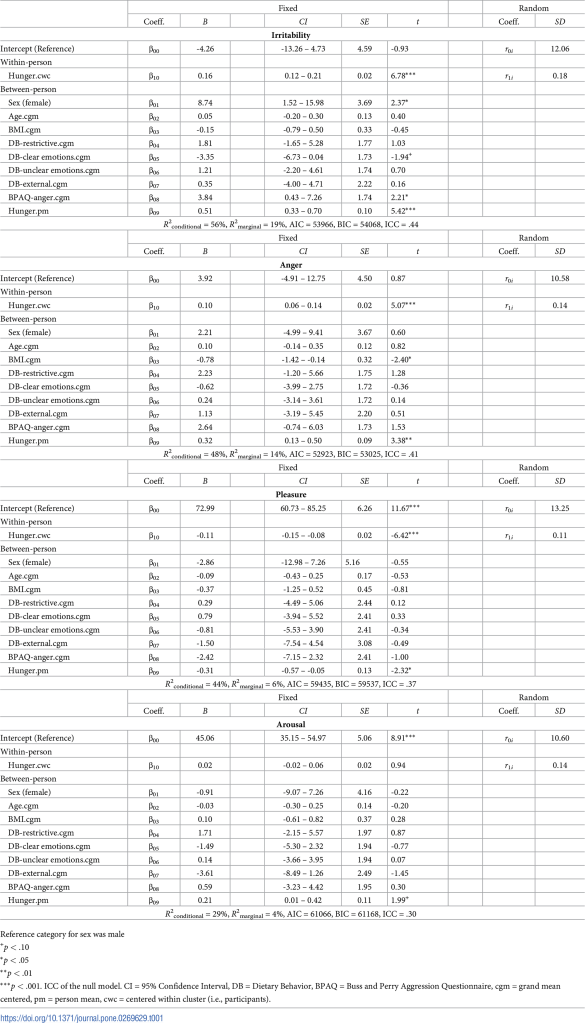New study says ‘being hangry is real,’ can cause irritability
If you’ve ever felt “hangry,” your emotions have now been scientifically validated.
A new study published in the peer-reviewed journal Plos One examined the relationship between hunger and anger.
“Being hangry is real,” the study declares.
Viren Swami, the lead author of the study, became interested in the phenomenon that is being “hangry” — the colloquial term for becoming angry when hungry — after his wife told him he behaved that way but wasn’t sure it was real.
“I have an interest in the effects of hunger and eating on our well-being and behaviors, so this seemed like a natural extension, especially as there has been very little research on the topic,” Swami, a social psychology professor at Anglia Ruskin University in the UK, told USA Today.
Researchers had 64 participants between the ages of 18 and 60 from Central Europe record their hunger, anger, irritability, pleasure and arousal at five time points every day for 21 days.
The study relied on self-reporting as an assessment of hunger, with participants recording their feelings and feelings of hunger on a smartphone application.
“Self-reports of hunger … are meaningful in the context of emotionality,” Swami told Medical News Today.
“Because self-reported hunger likely depends on an awareness of hunger cues, it can perhaps be assumed that it reflects the extent to which physiological effects of hunger have translated into awareness and attributional processes,” he continued.

Results showed that higher levels of hunger were associated with greater feelings of anger and irritability, with lower pleasure. The researchers found results remained even after examining sex, age, body mass index and diet. However, the results showed hunger was not significantly associated with arousal.
The research showed that hunger was associated with 37% of changes in irritability, 34% in anger and 38% in pleasure.
While it’s now been proven that negative emotions are connected to hunger, the reasoning behind it is unclear.
Suggestions of low blood sugar or getting annoyed and irritated quicker when hungry were mentioned, but Swani said more research would need to be done to understand the hangry phenomenon.

“We show, for the first time in a non-laboratory, real-world setting, that feeling hungry is associated with greater anger, irritability and lower levels of pleasure,” Swami said.
The study also references Olympian Chloe Kim, who tweeted about being “hangry” during the PyeongChang Winter Olympics. “Wish I finished my breakfast sandwich but my stubborn self decided not to and now I’m getting hangry,” she wrote in 2018.
“Kim’s experience of being hangry,” the authors wrote, “would seem to a common one … Many people seem to be aware that the state of being hungry can have an effect on both emotional experiences and behavior.”
Read the full article Here


